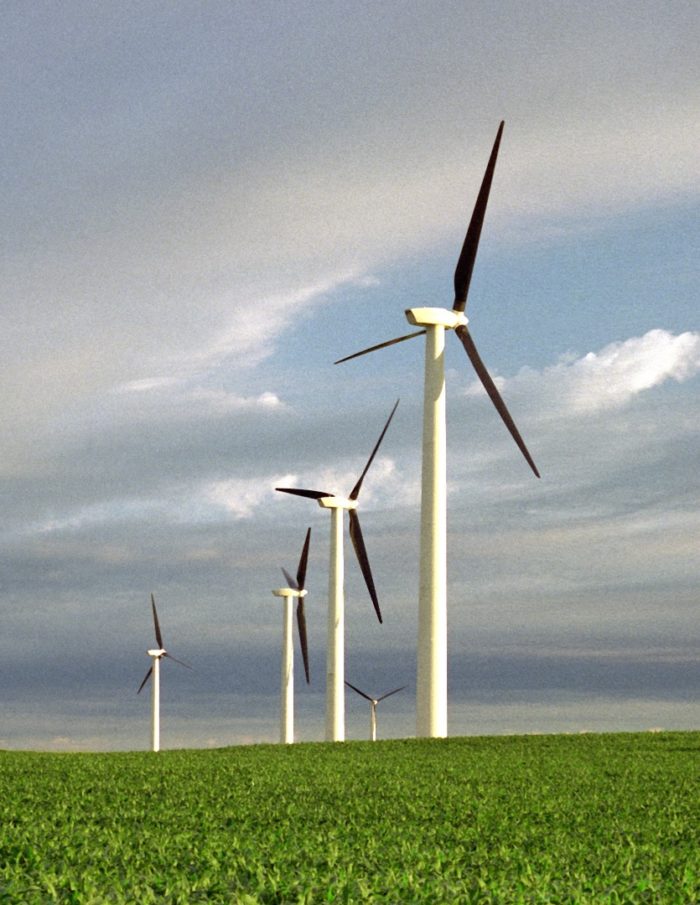
Utility-scale wind turbines have been blamed for a variety of health problems by people living nearby, but what’s become known as “wind turbine syndrome” is not recognized as a medical condition by the Centers for Disease Control and Prevention or the World Health Organization.
But in Brown County, Wisconsin, the Board of Health has declared that a small wind farm 20 minutes south of Green Bay is a health risk to nearby residents. Some of them have moved out of their homes because of health problems they trace to the low-frequency noise made by the turbines, according to an article in the Green Bay Press Gazette. The declaration may be the first of its kind in the state, if not the U.S., the paper said.
The Shirley Wind Farm, owned by Duke Energy in the town of Glenmore, consists of eight turbines that began operating in 2010. The turbines have a rated capacity of 20 megawatts, enough to supply electricity to 6,000 homes, and is the smallest facility in Duke’s wind portfolio.
Audrey Murphy, who heads the board overseeing the county health department, says that the county has been dealing with complaints about the wind farm for years, according to the Press Gazette‘s article. It made its official ruling earlier this month.
“We struggled with this but just felt we needed to take some action to help these citizens,” Murphy told the newspaper.
It will be up to Judy Frederichs, director of the county health department, and the county’s lawyer to decide what happens next.
Nearby residents are “not nuts”
A connection between the low-frequency sound of wind turbines and ill health has not been established. But Dr. Jay Tibbetts, the vice president and medical advisor for the Brown County health board, said there is no scientific proof a link does not exist.
“There’s been nothing that’s debunked anything,” he told the Press Gazette. “As far as what’s happening to these people, it doesn’t make a difference whether you’re in Shirley, or Denmark, or Ontario, Canada. Forty people have moved out of their homes, and it’s not just for jollies. In Shirley, three people have moved out of their homes. I know all three. They’re not nuts. They’re severely suffering.”
Among the symptoms that some residents have reported: headaches, nausea, loss of concentration, earaches, and muscle weakness.
In the past couple of years, a number of turbine installations in the U.S. have been the subject of similar complaints, including a 50-turbine wind farm in Oregon that was named in a $5 million lawsuit, and a pair of municipally owned turbines in Falmouth, Massachusetts, which were blamed by neighbors for a variety of health problems they experienced.
What happens now?
GBA was unable to reach Friederichs for comment, but Friederichs told the Press Gazette that no one really knows what comes next. The legal implications of the board’s ruling are unknown. “We’re all saying the same thing here,” she said. “Now what?”
Contacted by telephone, Murphy said she had been advised by Brown County Corporation Counsel Juliana Ruenzel not to say anything further about the board’s declaration. Ruenzel did not return a call from GBA.
Murphy told the Press Gazette that two recent studies at the wind farm made a connection between low-frequency noise from turbines and health problems. But on Tuesday, she said she could not be any more specific and would not provide any details.
As for Duke Energy, it wasn’t invited to the health board’s meeting and hasn’t received any official notification from Brown County officials. “We are trying to find out about the proceedings,” said Duke Energy Communications Manager Tammie McGee. “We weren’t invited to be part of the discussion at the board of health. That occurred about two weeks ago, and in those two weeks we cannot get anybody at the board of health to return our call, or the county attorney to return our call.”
McGee said that the company was found to be in compliance with the terms of its conditional use permit in a review last year, including local noise restrictions. Studies ordered by the Wisconsin utility commission found the low-frequency noise given off by the turbines “could not account for the myriad of health problems that were reported,” McGee added.
She said the company was likely to file a public records request to get minutes of the health board meetings and learn more about the health studies that Murphy mentioned.
Weekly Newsletter
Get building science and energy efficiency advice, plus special offers, in your inbox.





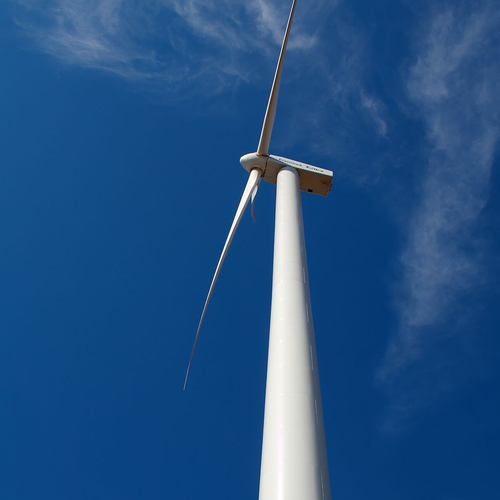
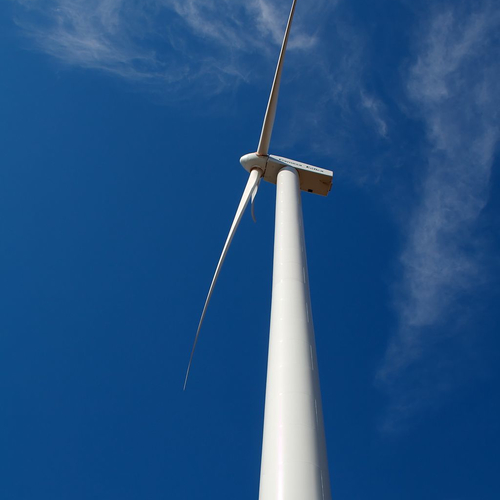
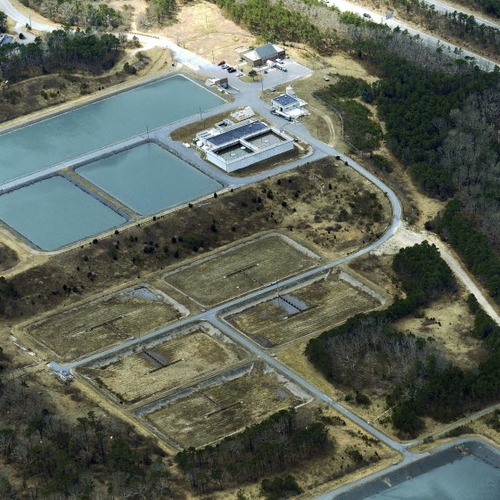
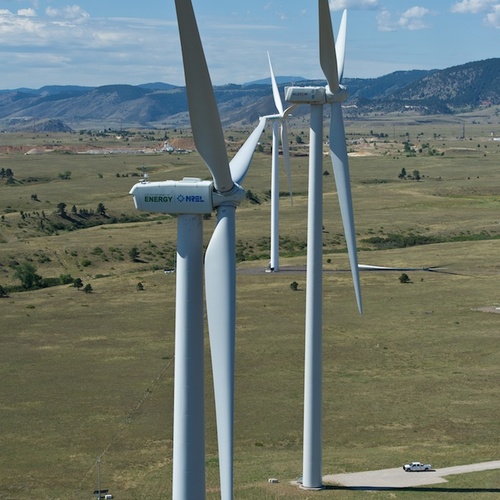






2 Comments
Meh.
I thought Wisconsin had more clue than that. They're ignoring
the thousands, maybe millions of people living next to truck-laden
interstates and railways who feel perfectly fine [other than
wheezing from exhaust fumes]??
What frequencies, what amplitudes, what *measured* peak particle
velocities? I'd like to see some actual engineering and seismic
numbers before I buy this.
_H*
everything will kill you
It seems as though every new technology results in some people claiming to be sickened. Without a real, scientific study, who knows whether the concerns are legit.
I'm dubious about the ability of a local board of health to reach a valid conclusion, based on anecdotal evidence.
On the other hand, it could be as simple as noise disrupting some people's sleep, which can cause real health issues.
Does Duke Energy's wind project harm more people than its coal power plants? One of the problems with trying to assess the health implications of a technology is that we typically don't compare it to alternatives that might be worse overall.
Log in or create an account to post a comment.
Sign up Log in